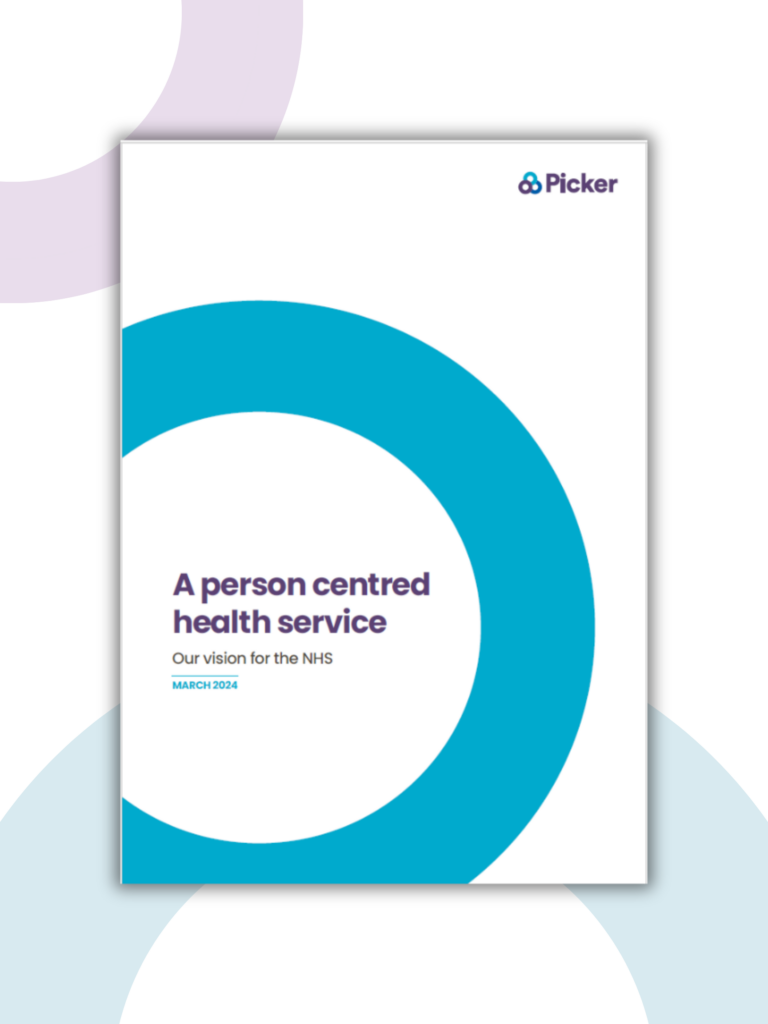Picker supports Help for Heroes to reinforce their mission with an evidence-driven strategy
Help for Heroes partners with Picker to understand the extent to which their services support the needs of their beneficiaries and for policy development and campaigning.
Help for Heroes is a charity that provides support for veterans whose everyday lives have been impacted by physical or psychological injury whilst serving in the British Armed Forces. Much has evolved since the charity’s inception in 2007, and the needs of veterans continue to change. Help for Heroes sought help from Picker to further understand the needs of veterans to help inform their future strategy. Help for Heroes was particularly eager to understand the current challenges of veterans, including how existing needs are changing as well as identifying and anticipating future and emerging needs. This was important for understanding the extent to which their services support beneficiaries, and for policy development and campaigning.
Challenges
To understand veterans’ current and emerging needs, Picker reviewed over 100 recently published articles via Google Scholar using search terms agreed with Help for Heroes. This was supplemented with information on veteran and military-related websites and support charities. Evidence from the review suggested that not all veterans seek help when needed.
The main barriers identified included:
- Stigma, which may prevent veterans from accessing support for mental health difficulties and/or for loneliness and social isolation, although there is some evidence that the level of stigma is declining with service users seeking help more quickly.
- Lack of awareness of symptoms of a mental health problem.
- Perceiving services as ineffective with a call for civilian services to better understand veterans’ unique experiences and needs.
- Challenges navigating services in terms of information on the services and types of support available, in addition to how and when they should be accessed.

By understanding some of the barriers to asking for or accessing support, Help for Heroes can ensure that their services are as accessible as possible to the UK veteran population.
The key emerging needs for veterans highlighted in the review were:
- An increase in the proportion of veterans experiencing mental health problems.
- Increasing numbers of female veterans with reported gender-specific barriers to accessing support.
- A need for further understanding of social isolation/loneliness in veterans.
- Links between physical and mental health issues necessitating the need for integrated and holistic care.
- Wider issues such as those relating to unemployment.
Certain groups were highlighted as likely to benefit from more focused attention after leaving the service: early service leavers, younger veterans, women, and those with pre-existing vulnerabilities.
Actions
A report was generated that outlined the findings from the evidence review, which was shared in full with staff at Help for Heroes. The findings from the report were drawn on, together with other inputs to develop a new Theory of Change and refreshed 10-year strategy, with Help for Heroes changing its mission, vision, and purpose statement to align with this. Internal workshops were held to communicate the changes and facilitate cultural change.
Externally, the key cohorts within the armed forces who had been identified as particularly high-risk or vulnerable were given greater attention. A philanthropic event was held for women in business to learn more about the experiences of ex-servicewomen, for instance, and a Westminster engagement event was held to focus on veterans’ mental health support needs.
Impact
Internally at Help for Heroes, the desired cultural shift is beginning to happen, with increased conversations around shared objectives to support members of the armed forces community who face challenges. Externally, Help for Heroes has seen an increase in the number of people coming forward to seek help following the reduction of previously-identified barriers to support, such as providing proof as a first step.
What’s next
Help for Heroes would like to further consider the support needs of veterans’ partners and families, who were not a point of focus in the initial evidence review. The Picker Principles will be incorporated further as Help for Heroes develop its service provision, ensuring individual involvement in decisions and support for self-care
